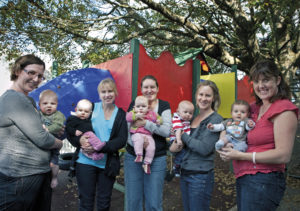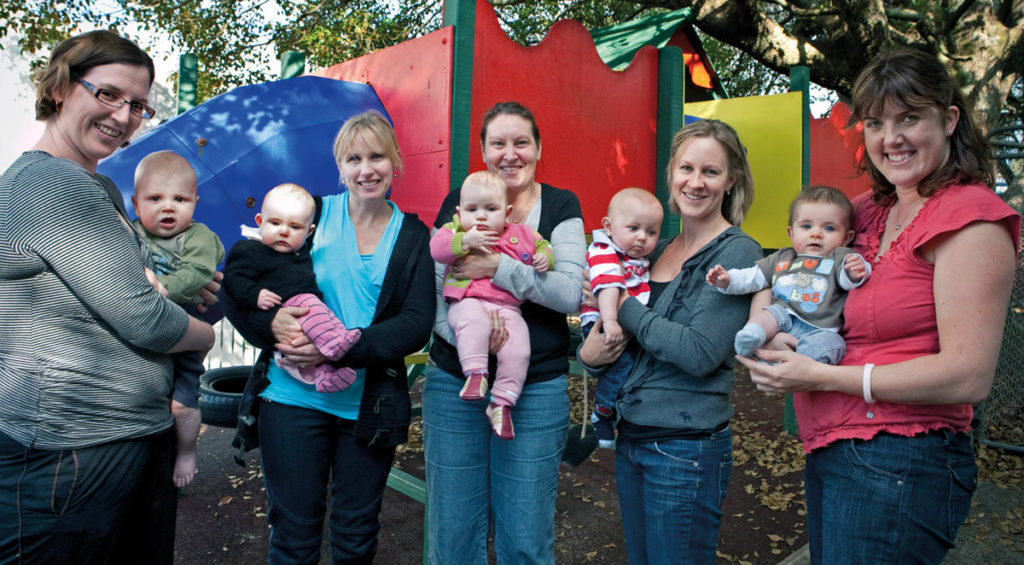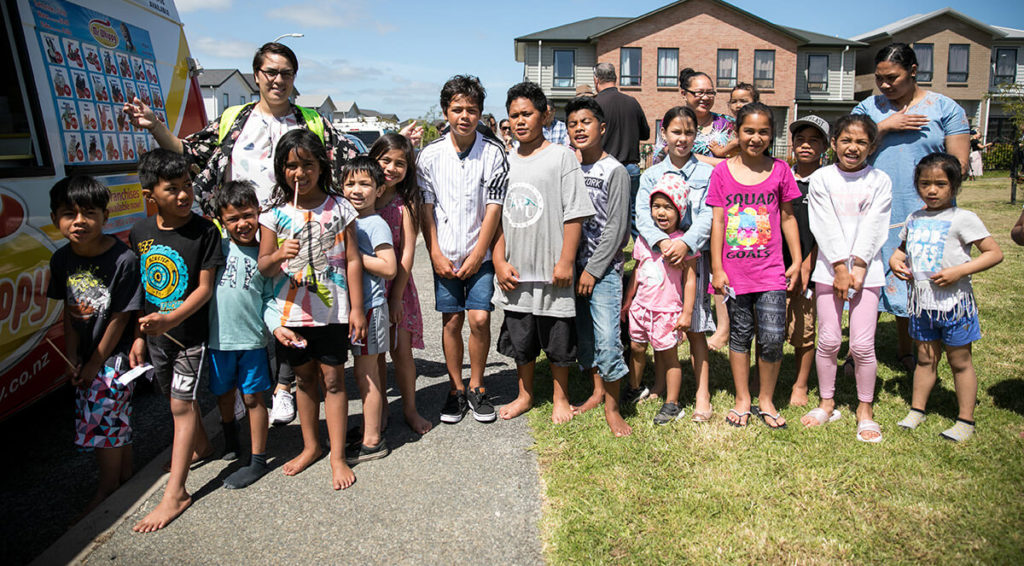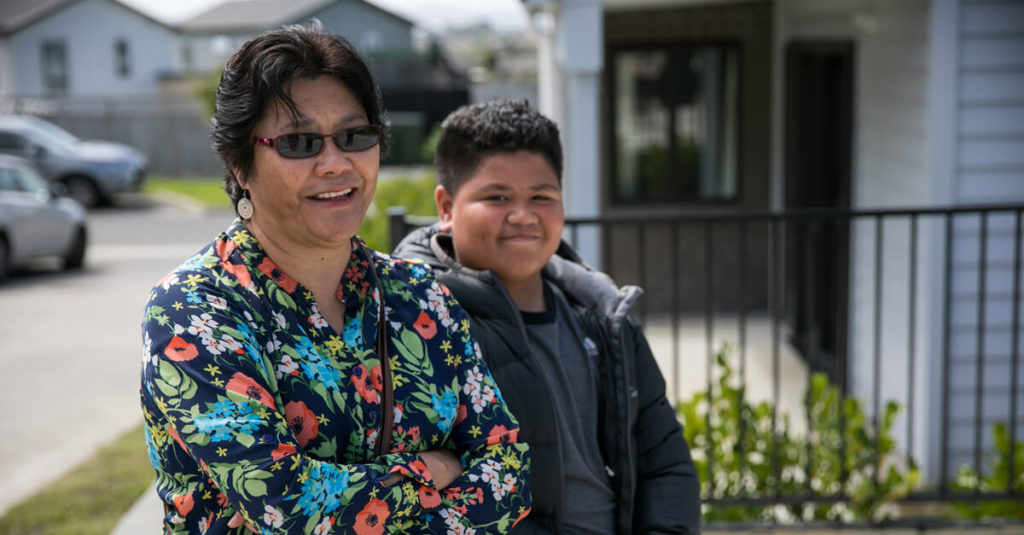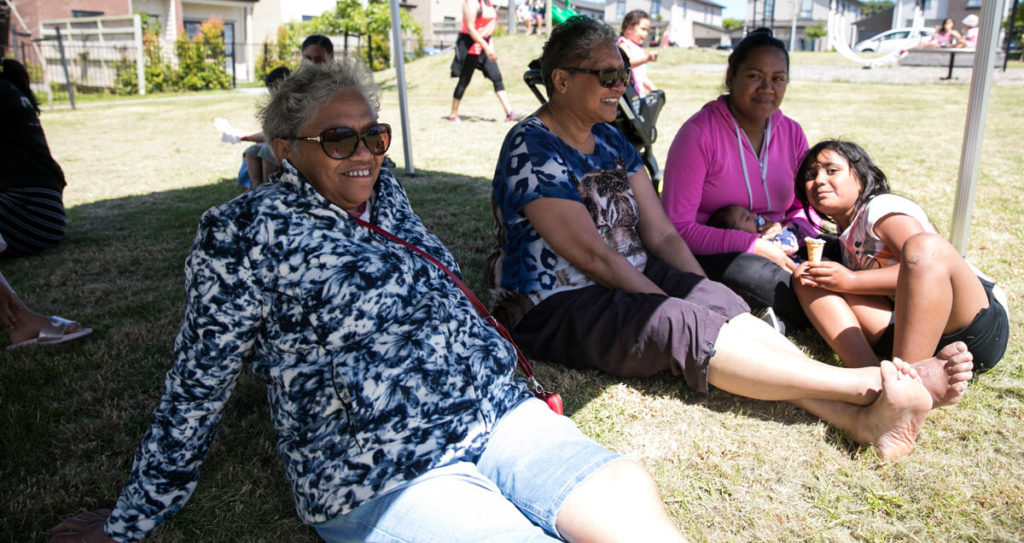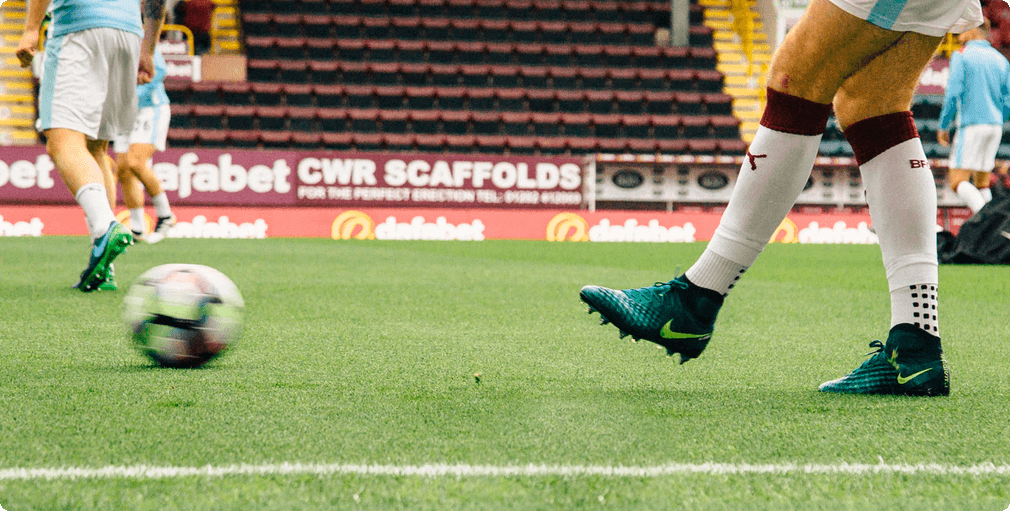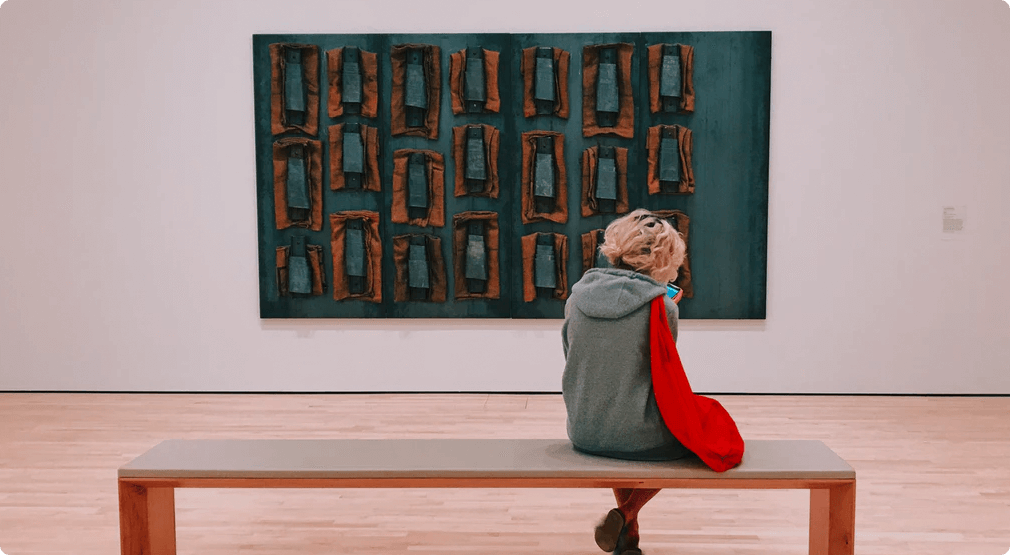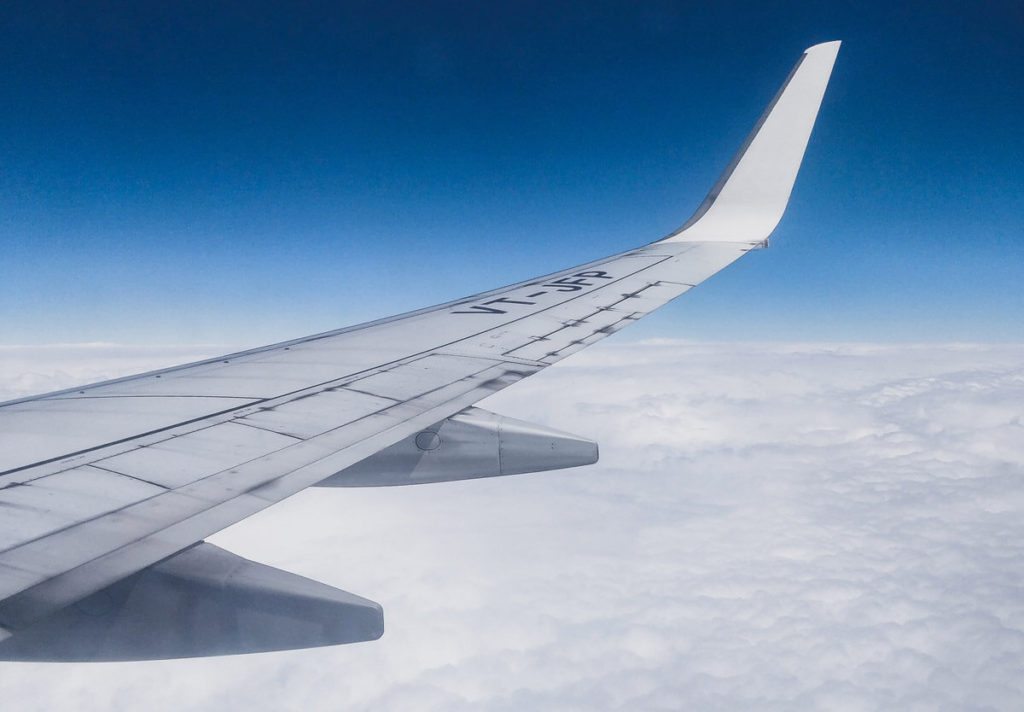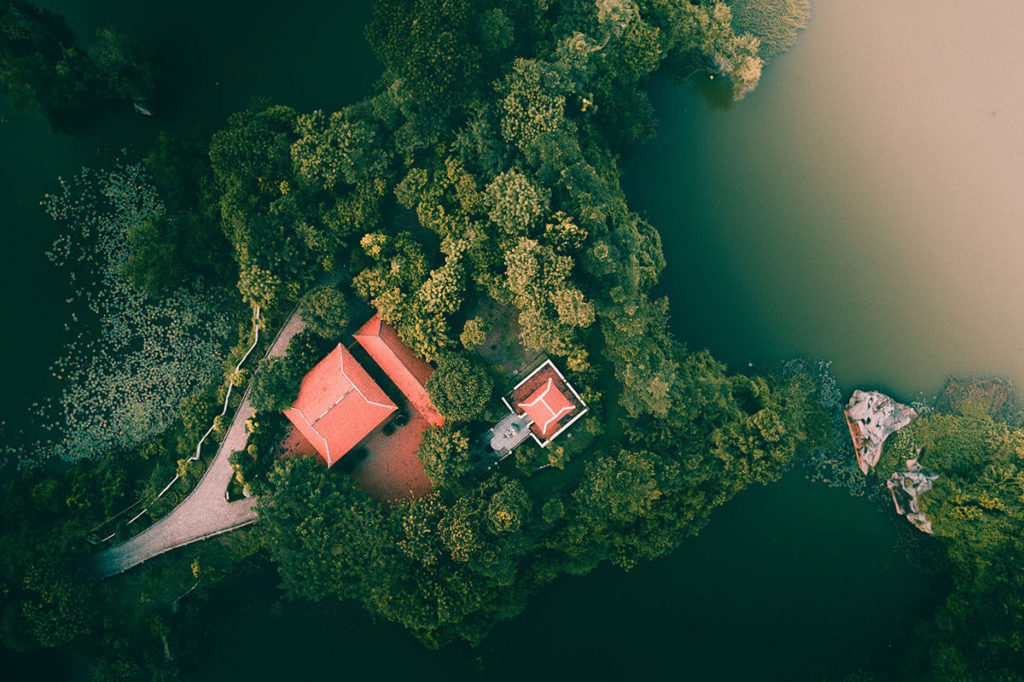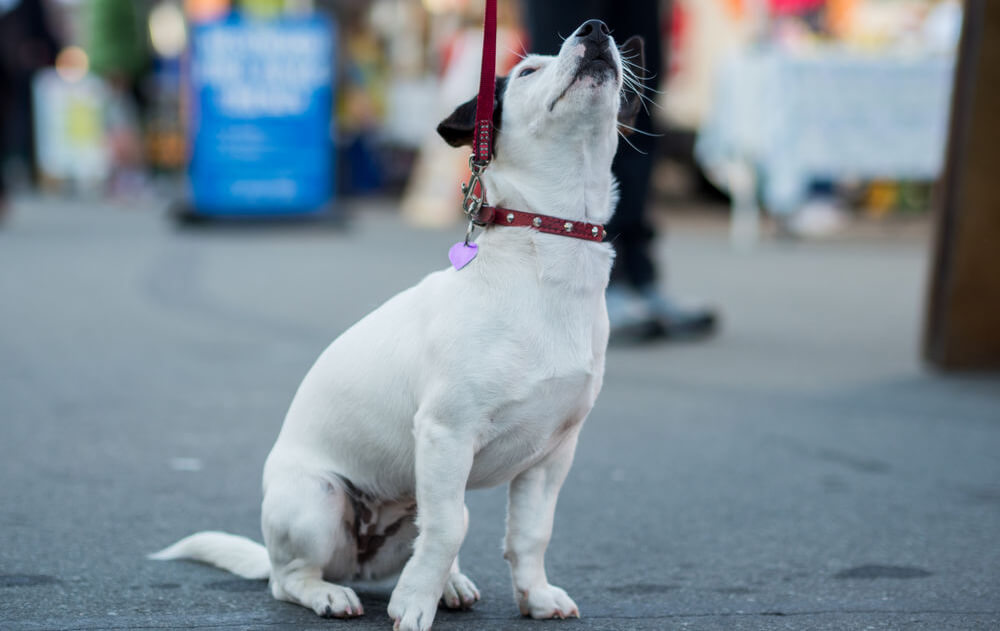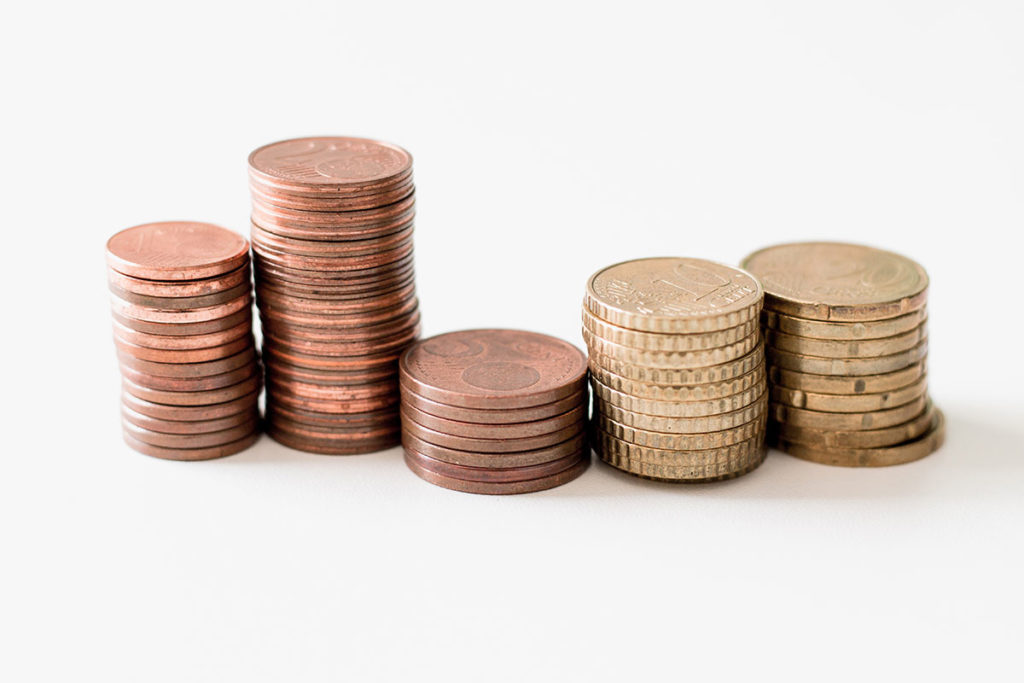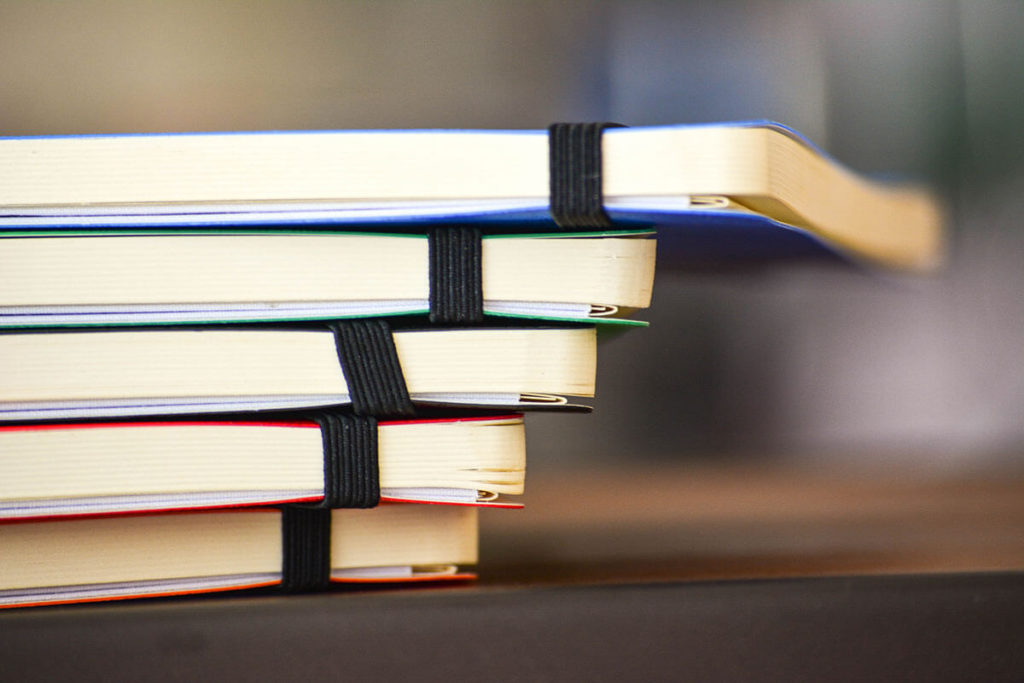Many whānau/families in Aotearoa New Zealand find it difficult to provide for themselves and especially their children, despite their best efforts and intentions. Income poverty, violence, and unaffordable, unhealthy or overcrowded housing are just some of the issues creating significant hardship for families. This affects the ability of women and children in particular to thrive. Factors such as the historic loss of land and identity mean these issues continue to have a disproportionate effect on Māori whānau.
Too many young people are not in work, education or training. Many new parents suffer the stresses of raising a family and find it difficult to access support. Children in care often feel forgotten; historically they have had no voice.
We want to get behind the many individuals and organisations doing amazing things to support children, young people and their families. That’s why we spend around half of our yearly donations budget on Whānau/Family projects.
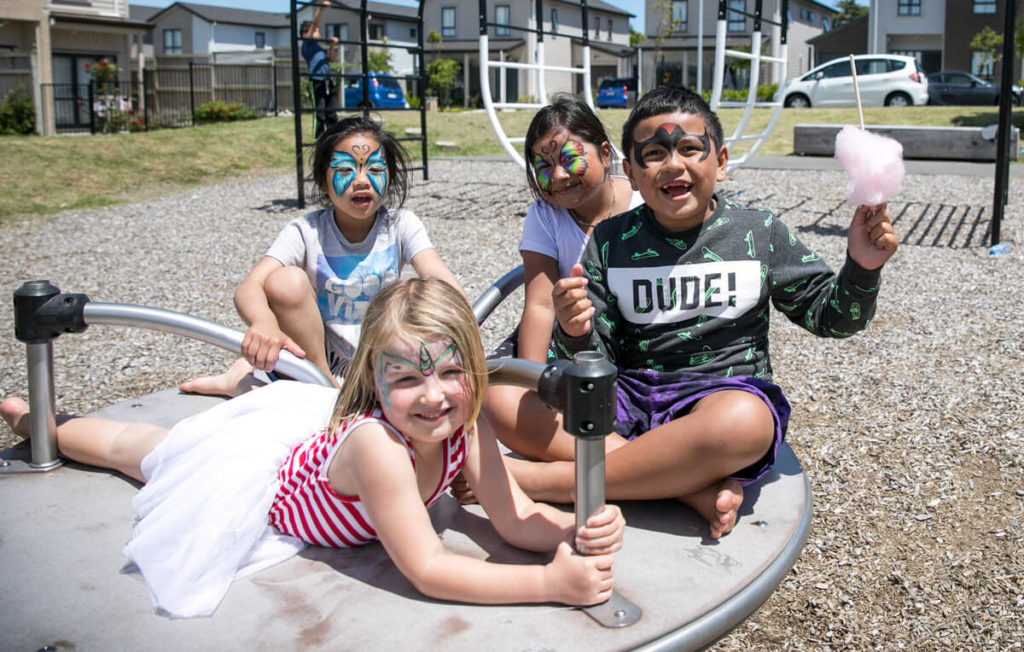
Our Goals for Whānau/Families
- Healthy and happy families in which everyone has a strong sense of self and is connected to their identity and culture.
- A country where all New Zealanders live in affordable, healthy, safe and violence-free homes.
- Equity for tamariki/children, rangatahi/young people and whānau/families.
- A nation where all trans, takatāpui and intersex young people are visible, safe, supported, respected, celebrated and loved.
- Parents and carers feel confident and supported, tamariki/children and rangatahi/young people are attached and secure, and families get the support they need.
- Improving intergenerational wellbeing by supporting tamariki/children, rangatahi/young people and whānau/families to thrive now and into the future.
- A gender-equal Aotearoa New Zealand, where all gender identities are respected, have equal opportunities, and are able to make their own choices.
Family donations support
initiatives that promote equity for tamariki/children, rangatahi/young people and whānau/families by:
Family Priorities
TTF is unable to support every application that we receive. Applicants should ensure their project fits the goals and areas outlined above, and the priorities listed below, before applying.
Projects that work in these ways and meet more of our priorities will have a greater chance of receiving support.
- Improve intergenerational wellbeing
- Put whānau/families at the centre
- National significance and scalability
- Use kaupapa Māori models of practice
- Work holistically
- Focus on long-term solutions
- Work in collaboration
We are especially looking for initiatives that demonstrate as many of these criteria as possible, and where outcomes can be demonstrated or evaluated using a community-participation approach.
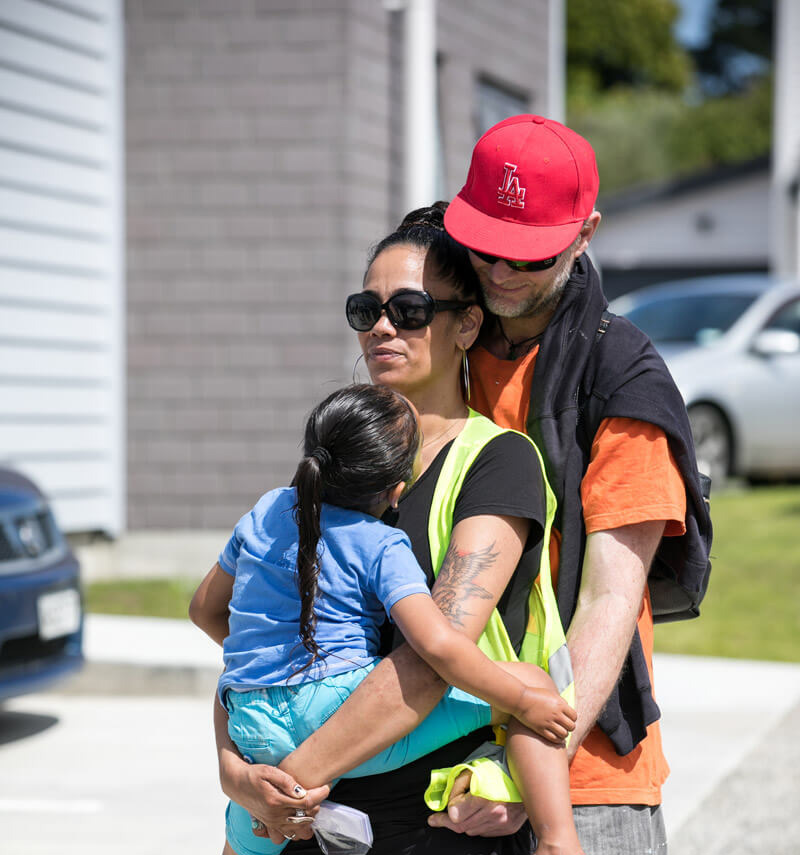
We do not support
TTF is unable to support every application that we receive. Applicants should ensure their project fits our goals and priorities before applying.
Projects that help us reach outcomes and meet more of our priorities will have a greater chance of receiving support.
TTF is unable to support the following:
Other Donation Streams
Not sure you fit into Family?
Try the following:
Application process
Applying for Tindall Foundation funding is a simple process. We will guide you through the steps you need to take to apply. Please ensure you have read our exclusions and ensure your initiative fits our criteria.
Before you start make sure you have the following:
- Your Charities Commision number if you are registered
- Bank account number and account name
- PDF copy of Bank deposit slip to attach to your application
Focus Areas
Please ensure that your project fits within our Focus Areas:
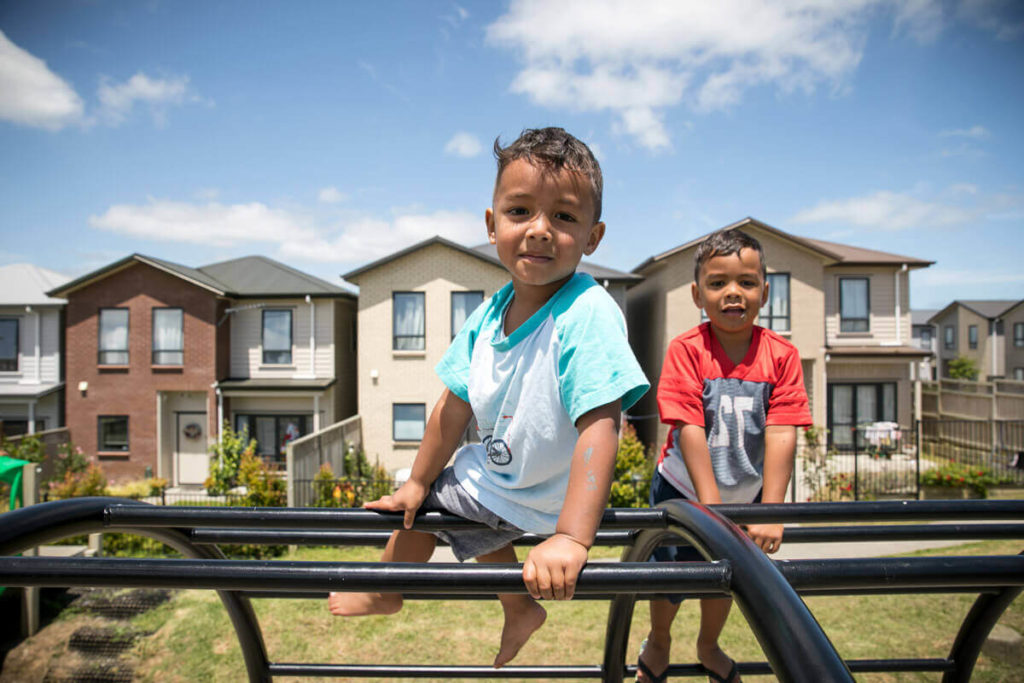
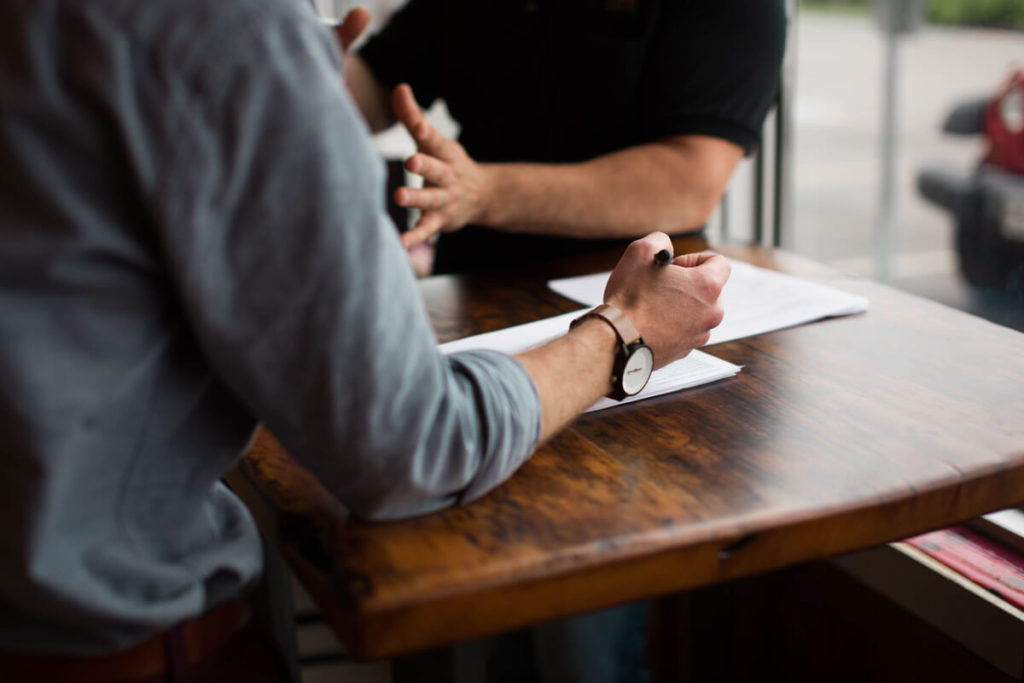
Eligibility Questionnaire
Firstly, you will be asked to complete a brief eligibility questionnaire. Once you’ve answered a few simple questions, we will be able to advise if, from your answers, we think you are eligible to continue your funding application.
Application
You will need to complete an online application form to apply for a donation. We advise that you make a copy of your application form as you go for your records.
You will need to describe in a clear and concise way:
- The initiative for which you are requesting a donation
- The plans you have to put your initiative in place
- The people who will carry out the initiative and their qualifications/experience
- How much money you are requesting per year and for what period of time – if the requested amount is for 1, 2 or 3 years
- The need for your initiative and how your initiative will be meeting this need
- The intended outcomes of your initiative and how you will know that you have achieved these
- How the initiative will be financially sustained after the donation period
- A budget breakdown including any other funding applied for/secured
NB: if you are applying under the Family or Environmental focus area, and your initiative is local rather than national and under $15,000, you should apply directly to your Local Donation Manager. Find out more here.

Other Donation Streams
Not sure you fit into Family?
Try the following:
Ready to Apply?
There is no closing date or donation rounds at the Tindall Foundation unless you
are eligible to receive a donation via one of our Local Donation Managers.
Because we do not consider urgent or retrospective applications, we recommend
that you submit your request at least four months before you need the donation.
